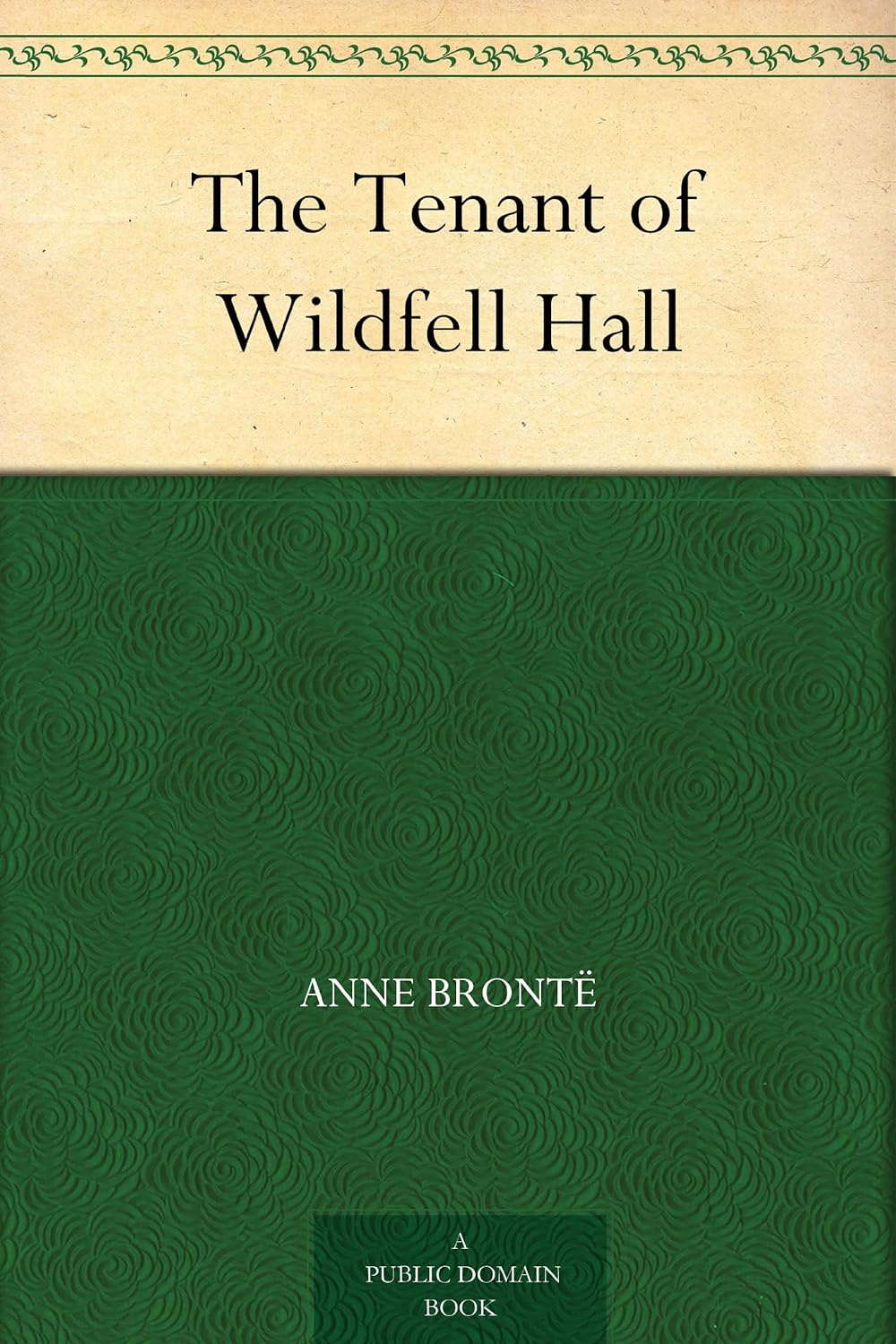The Tenant of Wildfell Hall is a powerful and sometimes violent novel of expectation, love, oppression, sin, religion and betrayal. It portrays the disintegration of the marriage of Helen Huntingdon, the mysterious tenant of the title, and her dissolute, alcoholic husband. Defying convention, Helen leaves her husband to protect their young son from his father's influence, and owns her own living as an artist. Whilst in hiding at Wildfell Hall, she encounters Gilbert Markham, who falls in love with her.
On its first publication in 1848, Anne Bronte's second novel was criticized for being "coarse" and "brutal." The Tenant of Wildfell Hall challenges the social conventions of the early nineteenth century in a strong defense of women's rights in the face of psychological abuse from their husbands. Anne Bronte's style is bold, naturalistic and passionate, and this novel, which her sister Charlotte considered "an entire mistake," has earned her a position in English literature in her own right.
So I began reading this because I've read Charlotte Bronte's "Jane Eyre" and Emily Bronte's "Wuthering Heights" when I was younger and was curious about the third sister. This book seemed a little more interesting than "Agnes Grey" (which I will probably get around to eventually too), and so I went ahead and downloaded the free Kindle version. Here are my thoughts.
- This was a very creative format for a Victorian-era book. The entire narrative is read through a series of letters or diary entries, which gives you a very keen perspective on the feelings, thoughts, and reactions of the main characters.
- Gilbert, the narrator, does not seem like your typical Byronic hero, which is insanely refreshing. He jumps to conclusions too quickly, acts rashly and violently when enraged, and constantly has doubtful and immoral thoughts. It's great - I like the way his character undergoes a change for the better throughout the story, and his jealousy and doubts are very relatable.
- Helen is one of the best female characters ever conceived, I believe. She appears very cold, but is actually very practical and has had terrible experience with love and marriage before. I am fond of female characters that are very strong but don't come off as bitchy or pushy. Helen shows her strength through self-sufficiency, which can be seen through her unwillingness to owe Gilbert money and other small details like so. I didn't agree with her attitude towards raising her son, admittedly because it seemed unnecessarily harsh towards the male gender, but it's understandable why she thinks the way she does. She is witty and resourceful and always thinks ahead, making her very likeable.
- Bronte's depiction of alcoholism and infidelity is brutal. I absolutely loved it, how the book showed the dissolution of what seemed like a picture-perfect wedding, and how feelings are crushed as reality settles in. Expectations are constantly being lowered until both partners are unhappy; psychological abuse takes place; shit happens. It's sort of fantastic in that way, because you really feel for all of the characters. Except Helen's husband, who is such a dick, and the woman he was cheating on Helen for.
- Religion is also a very interesting theme throughout the book. Helen is good mostly because she is "Christian"; her husband wonders aloud whether or not God will accept him as he is dying. It's all very interesting, especially when tied up with the town's gossip.
- The ending gets really sentimental, mostly because you can really "feel" the struggle. Waiting for someone is always really hard, and I imagine it's even worse back then, before you had technological means to reach out to someone within a matter of seconds.


No comments:
Post a Comment